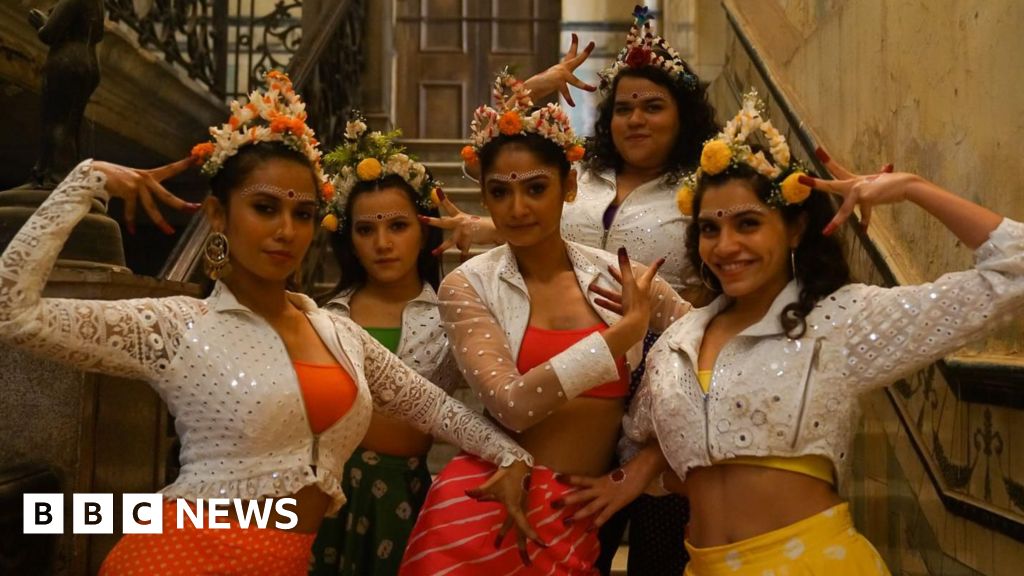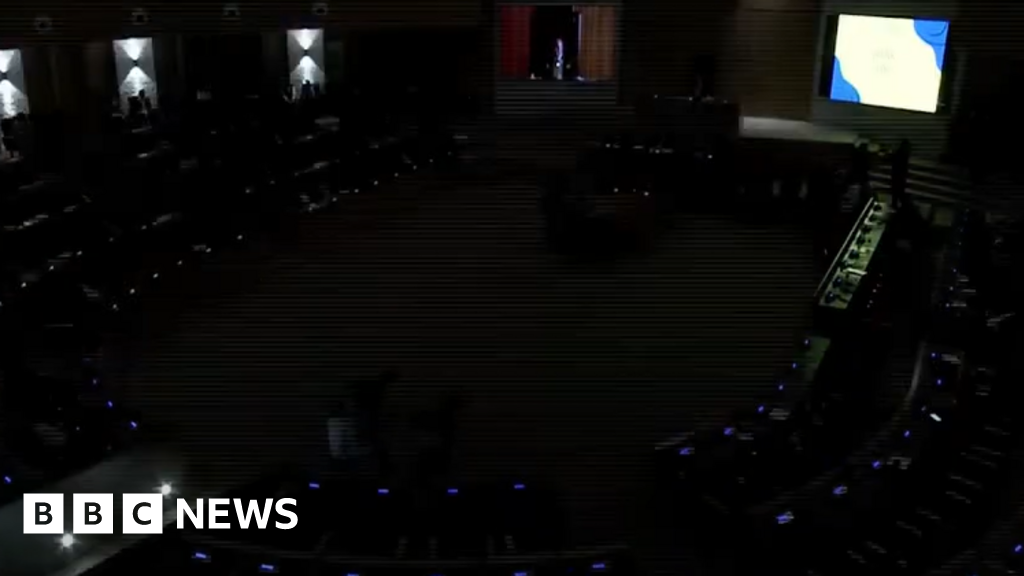A group of major Canadian news publishers, including The Canadian Press, Torstar, Globe and Mail, Postmedia and CBC/Radio-Canada, have initiated legal proceedings against OpenAI, accusing the company of using their content to train its AI model, ChatGPT, without proper authorisation.
In a joint release on November 29, the group alleged OpenAI has been systematically violating copyright laws by collecting vast amounts of data from Canadian media sources without consent.
“OpenAI is capitalizing and profiting from the use of this content, without getting permission or compensating content owners,” the statement said, reported AP.
The lawsuit argues that such practices are detrimental to the investment made in journalism, amounting to hundreds of millions of dollars, and that content created by media organisations is safeguarded by copyright law.
The statement continued, “News media companies welcome technological innovations. However, all participants must follow the law, and any use of intellectual property must be on fair terms.”
Generative AI, like OpenAI's ChatGPT, can produce various forms of content, including text, images, videos and computer code, based on simple input. These systems rely on training data that must first include extensive pre-existing materials.
OpenAI responded, saying its models were trained using data that was publicly available. According to the AP report, the company maintained that its practices were “grounded in fair use and related international copyright principles that are fair for creators and support innovation.”
The company also mentioned that it worked “closely with news publishers, including in the display, attribution and links to their content in ChatGPT search” and provided outlets with “easy ways to opt-out should they so desire.”
This marks the first lawsuit of its kind in Canada, although similar legal actions are already underway in the US. For example, The New York Times filed a case against OpenAI and Microsoft in December for using the publication's stories to train chatbots.
Similarly, in April 2024, eight American newspapers filed a lawsuit against OpenAI and Microsoft, claiming the tech giants have been unlawfully using vast amounts of copyrighted news content without consent or compensation to train their AI chatbots.
But some news organisations have also opted to collaborate with OpenAI by agreeing to compensation deals for their content. The Associated Press, along with The Wall Street Journal and News Corp (the publisher of the New York Post), The Atlantic, Axel Springer (Germany) and Prisa Media (Spain), as well as France's Le Monde and the Financial Times in the UK, have all secured licensing arrangements over the past year.

 3 weeks ago
8
3 weeks ago
8










 English (US) ·
English (US) ·